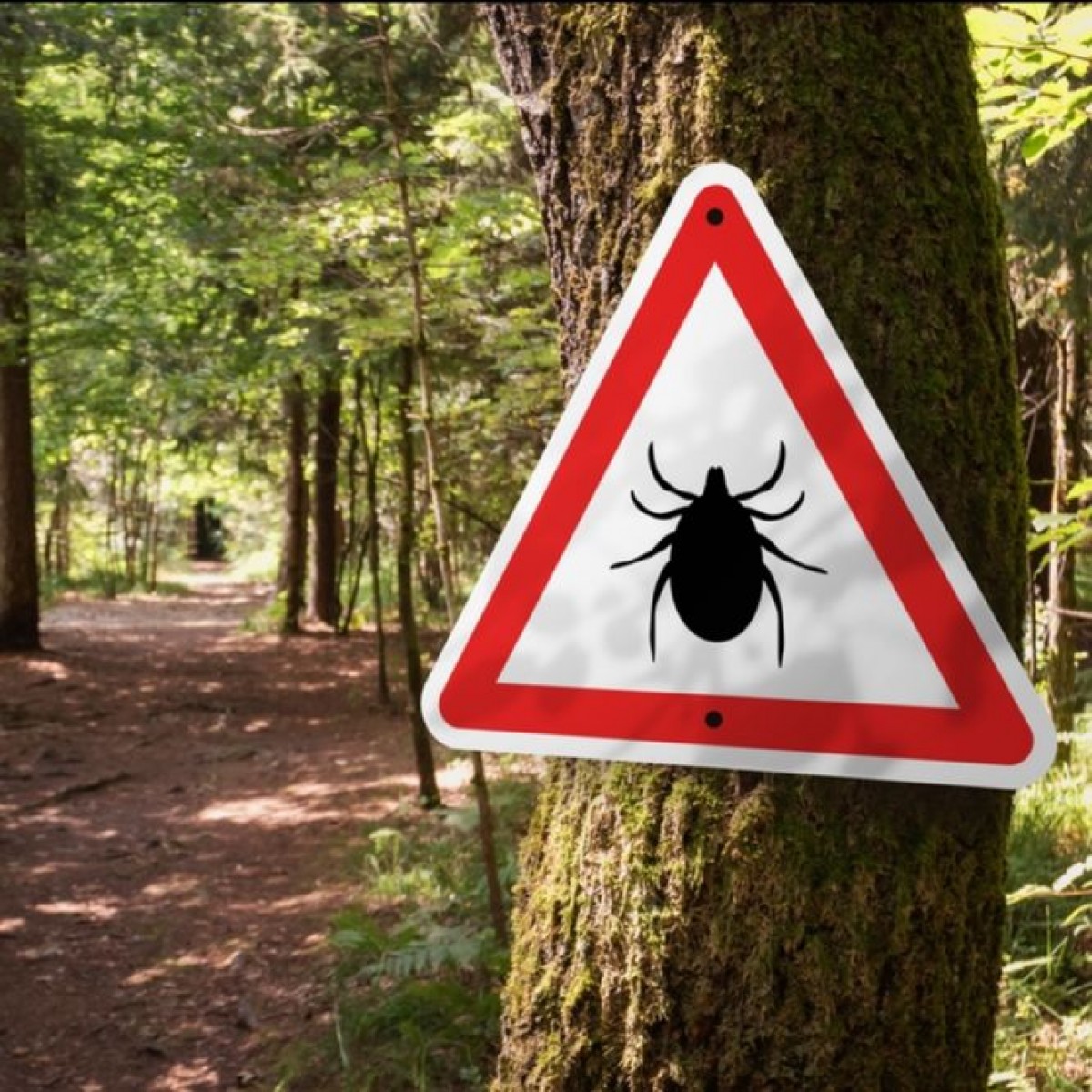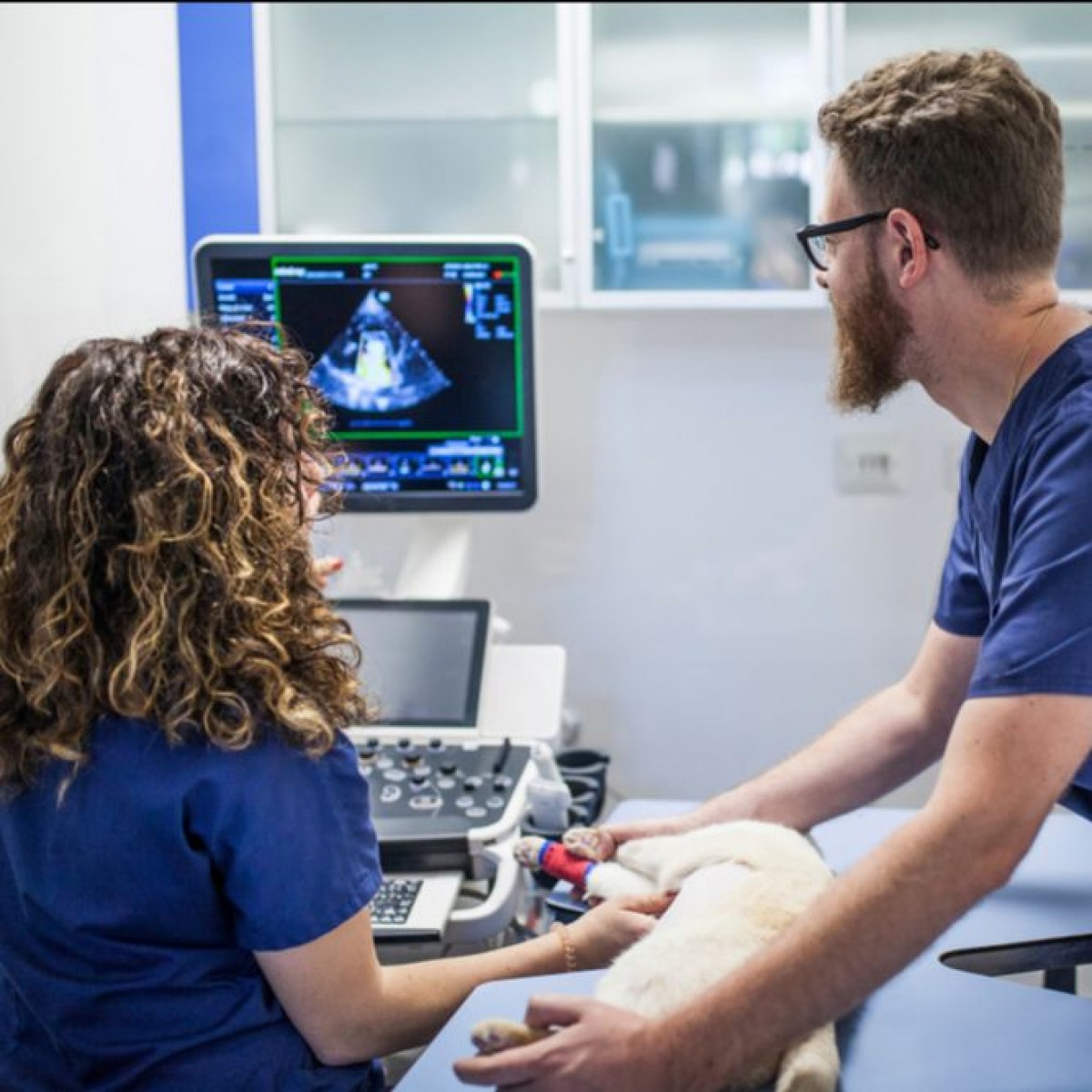Featured veterinarian: Dr. Simone Schuller, University of Bern
by Mary Guiden
Dr. Simone Schuller is based in Switzerland and is Vetsuisse Faculty and a professor at the University of Bern. Veterinary33 spoke with her at the ACVIM Forum in Philadelphia and she’s our featured veterinarian of the month.
Schuller’s research interests include studying the role of small animal medicine and the spread of multidrug-resistant bacteria. She also conducts research on antimicrobial stewardship in small animal medicine and analyzes the role of dogs in the epidemiology of leptospirosis and diagnosis of canine leptospirosis.
Schuller is co-editor of a new book being developed for Edra Publishing on infectious diseases for small animals. A One Health advocate, she is a diplomate of the European College of Veterinary Internal Medicine (ECVIM-CA).
Q: How did you end up in internal medicine and your current line of research?
Schuller: I received my veterinary degree from Ludwig-Maximilian University in Munich, Germany. I knew relatively early on that I wanted to do internal medicine, not necessarily in small animals. But I knew that my strengths as a veterinarian lie in internal medicine.
My doctoral thesis in Munich focused on antimicrobial stewardship. I completed an internship in Hanover, Germany in small animal medicine. Next, I completed my residency in Belgium. My husband is Irish, and after I finished my residency, I worked as a lecturer at the University College Dublin.
While I was looking for a doctoral program, I connected with a research group working on leptospirosis. They had a great leader, and he was a very personable guy. They were all microbiologists or zoologists, and they did not have a veterinarian on the team.
They really appreciated what I could bring to the group as a veterinary researcher. That’s not so common because vets are not always viewed as being knowledgeable about lab-based research. I did my PhD with them and focused on infection biology.
My topic was leptospirosis and that was my first venture into infectious diseases. We established a collaboration with the University of Bern. In Switzerland at the time, they had a big outbreak of lepto, with pulmonary hemorrhages and high mortality among small animals.
I began collaborating with them and ended up being selected for a professor position at the university. That’s where I’ve been for the last 10 years.
Q: What have you recently been focusing on with your research?
Schuller: I continue to work on leptospirosis. In 2017, the government began to invest in research related to antimicrobial stewardship and resistance. I received some funding as part of this investment. My research is in One Health and zoonotic diseases. It’s relevant to what we’re seeing today around the world in infectious diseases.
I am also currently the medical director of a clinic at the University of Bern. This role coincides with the editorial project I am working on for Edra Publishing.
Q: How did you get involved in this book project?
Schuller: I went to the ECVIM convention last year in Europe. Dr. Federico Fracassi, another Edra author, talked with me and said: ‘You’re such an expert in infectious diseases and we would like you to be involved in the development of a book.’
He also secured a role for Dr. Ed Feldman, one of the founders or godfathers in internal medicine. Nearly every clinician and researcher working in veterinary internal medicine has read his books.
Q: What is the subject area of the book you’re working on, and how is the project going?
Schuller: I am working on this textbook with Dr. Barbara Willi, a DVM and an infectious disease specialist based in Zurich, Switzerland. We’ve worked together previously on several research projects, and we complement each other quite well. I’m more of a creative person and she is very meticulous and structured in her approach to work. Together, I knew we could do a wonderful job on this textbook.
Dr. Willi currently works with private veterinary practices. She is a consultant on hospital hygiene and infection prevention, and she works for the government as well.
I oversee the book that will focus on treating dogs and Barbara is more dedicated to the cat book, but we are co-editors for both volumes.
We are collaborating with authors from around the world to get the top experts involved in writing chapters.
Q: What audience or audiences do you hope to reach with this book, once it’s published?
Schuller: The book will be useful for clinicians, researchers and students who are interested in infectious disease medicine. It’s not geared toward experts in the field.
It will also be useful for veterinarians, vet techs and staff working in hospitals and clinics.
We will have a problem-based approach section where we look at symptoms of various infections and offer advice. As most everyone knows, dogs and cats don’t walk in with a diagnosis. Their owners bring them to a clinic because they are vomiting or have diarrhea, or similar issues with no known cause.
In the book, we will use algorithms to demonstrate how the veterinary team should approach those issues and conditions. These guides will be extremely useful for people who see these types of cases in the clinic.
Our plan is to also include a section on diagnostics. It is important to know which test is the most appropriate depending upon the stage of the disease.
We’ll focus on common diseases and will also feature diseases taking place in different areas around the world. We will also highlight diseases that are occurring regionally. That includes fungal diseases, for example.
Worm parasites, as another example, are emerging in news places due to climate change.
We knew lungworm existed in the south of France and in southern Ireland, but not in Belgium. We never really tested for it, and never saw these cases when I was working there. When I returned to the continent later, it was everywhere. My former boss in Belgium did PCR on samples to see if lungworm had always been there. It hadn’t. And the same is true for other parasites and vector-borne diseases.
Q: What else would you like potential readers to know about the book?
Schuller: As an added feature, the book will have QR codes in different sections, so that readers can expand upon their learning. With this feature, we will include case studies that won’t be in the book.
As for our timeline, we finished the indices for both books – cat and dog —and are in the process of finalizing them. Those will serve as our blueprint for the books.
We hope to begin editing chapters closer to the end of 2023.
Learn more about Dr. Schuller on the University of Bern website.














List
Add
Please enter a comment